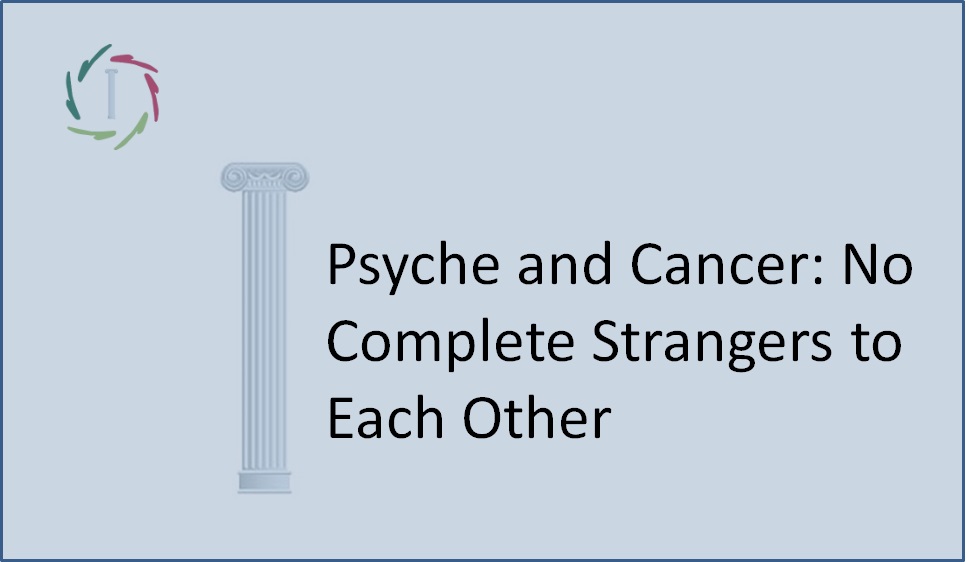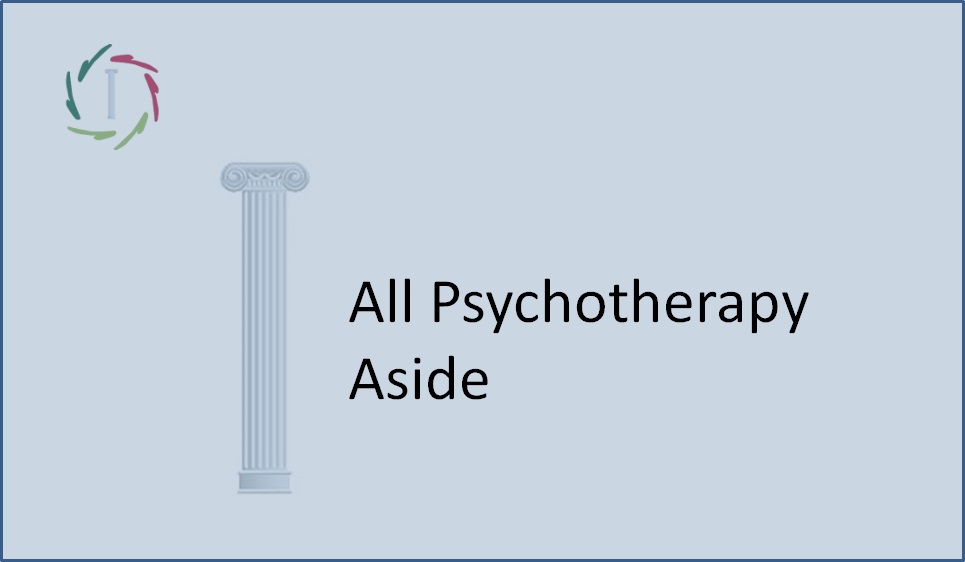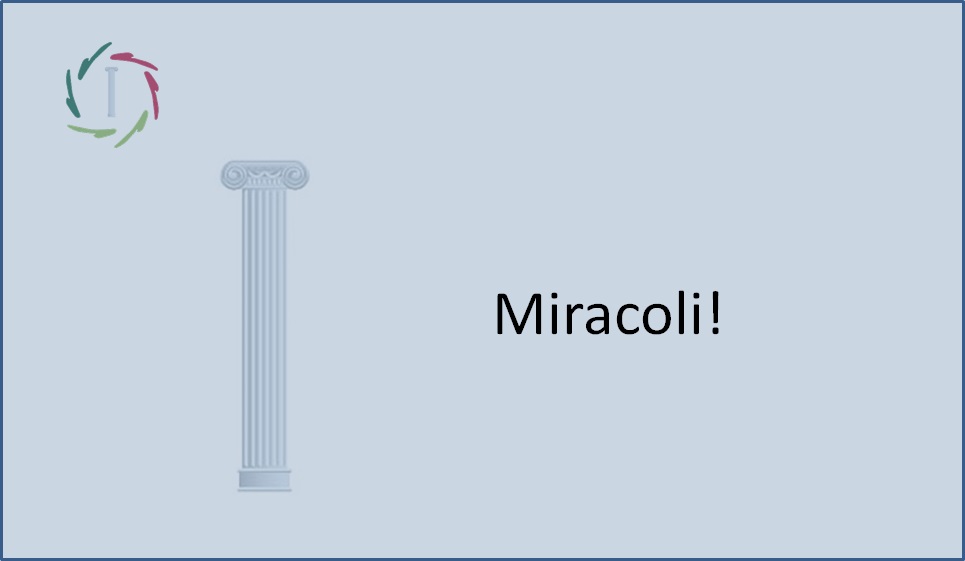11. Psyche and Cancer: No Complete Strangers to Each Other

We know very little. We certainly should not pretend.
A rats’ tale
In the early seventies, two researchers, R. Ader and N. Cohen, showed very clearly that there is a major role of psychological stress in the evolution of cancer in rats [10]. Others confirmed this research and recently the cellular basis of it is more and more being uncovered [2, 11]. This means that already for forty years, the question whether psyche and cancer are complete strangers to each other, is no longer the issue. They are clearly not. The story of the rats is unmistakable.
A human tail
A different, and much more important question is: “Are they complete strangers to each other in people?” In this case the research is much more difficult. It is something like the difference between a manned space flight to the Moon and one to Mars for example. With regard to morality: one cannot let people participate just in prospective controlled studies to check the influence of specifically dosed distress on the progression of cancer. That goes without saying. Additionally, the human psyche is much more complex and so also more difficult to control in such studies.
What one can do, and what one therefore has already been doing, is to check the influence of all kinds of psychosocial factors on cancer-related immune factors, such as on reduced recovery of DNA damage, chromosomal aberrations, lymphocyte proliferation and response, ‘Natural Killer Cell’ activity, cytotoxic T-cells, etc. [13] [14] [15] [16] [17] [18] [19]. This research abundantly shows that there are influences at this level. That is not to say that the human psyche has a proven influence on cancer.
What do we know? Very little.
For breast cancer and certain types of skin cancer, there are indications but no certainties. So, one cannot conclude whether or not there is a substantial influence of the psyche on cancer in humans. Let alone that this influence could be affected through certain procedures or ‘mental hygiene’. In addition to this, one should be very careful with possible guilt induction. What if there is indeed an impact? What does that mean for the cancer patient and for his/her direct environment? Is there someone to blame?
It is known that chronically suppressed feelings of guilt have a certain influence on the prevalence of chronic pain for example. Concomitant with significant changes in the brain and with objectified degradation. So, not something that is ‘just subjectively’ present in the air. Hypothetical: chronically suppressed guilt might even play a role in cancer itself.
On the other hand, there also arises a moral question:
Should we, under pressure of guilt, deprive the patient from his sense of responsibility?
In this case I think of the responsibility to take best possible care of one’s own health. Smoking for example. There is a clear warning on each pack of cigarettes. It actually states the following: “If you smoke, you are guilty of causing an increased risk of cancer to yourself.” Someone who has lung cancer will read: “You have played a part in your illness.” Or not?
The difference concerning the guilt level in smoking and the psyche as possible causal factors of cancer, is due to the degree to which one may feel victimized. “I am not to blame, my addiction is.” Are chronically suppressed feelings of guilt, shame, aggression and the like, ultimately more ‘controllable’ than a smoking addiction? I think we should treat the concepts ‘guilt’ and ‘responsibility’ as well as possible as two completely separate issues, for the sake of public health.
Besides, an extremely far-reaching insight in such feelings will help the research into their influence on cancer.
Currently, I’m sorry to say, one is lumping all kinds of human depth and other factors, much too soon quickly
and then check the impact of this amalgam on sickness and on health Experimental research is an idol, but one often reflects too little before one flies into it, especially in the realm of human psyche. ‘Measurement brings knowledge’, but if one does not know what one is measuring, one does not know what one knows. The result: we know very little.
[references: www.aurelis.org/mind-body-column-refs.pdf]


